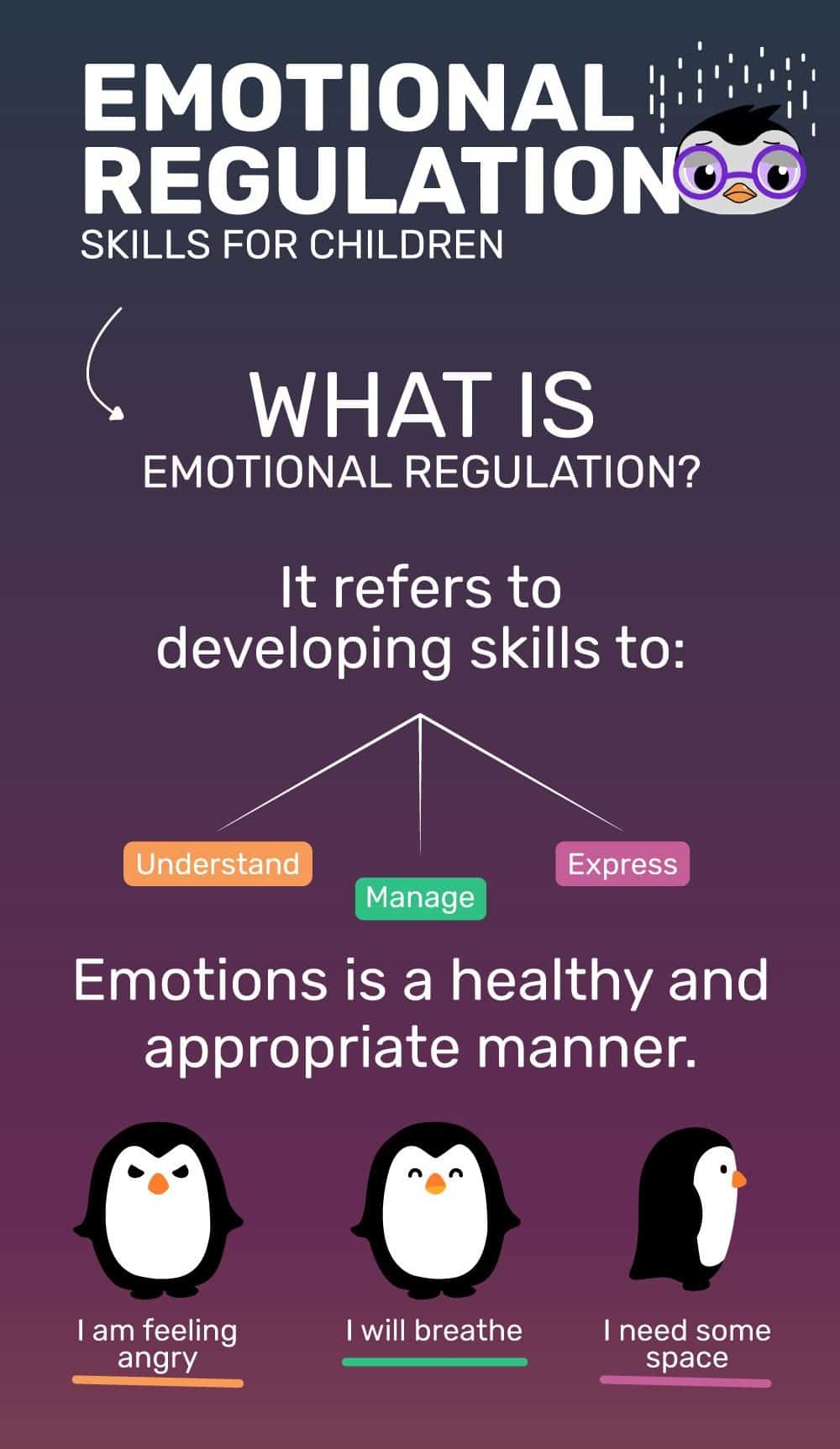Genetic testing for autism involves analyzing a child’s DNA to see if there are specific genetic markers that might be linked to autism. This can help doctors and parents understand if there are genetic reasons behind a child’s developmental challenges.












